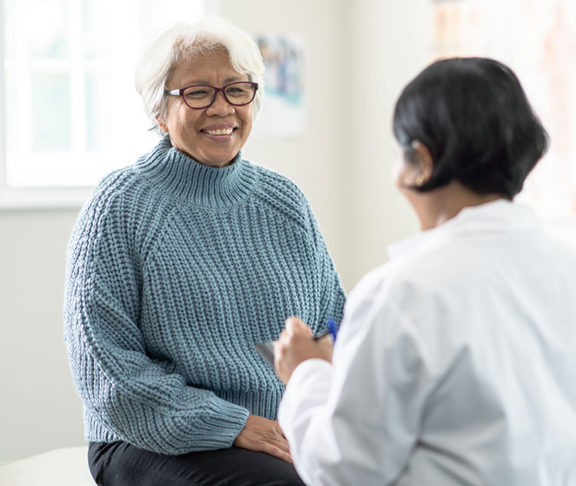The president and CEO of the National Organization for Rare Disorders (NORD) shares three ways anyone can get involved in rare disease advocacy beyond rare disease day for faster diagnoses, better treatments, and more innovations.
Each year on the last day of February, the worldwide community celebrates Rare Disease Day — a patient-led awareness campaign highlighting the challenges of the 300 million individuals around the globe who are impacted by rare diseases.
Chances are high that you or someone close to you has a rare disease. Rare diseases affect more than 25 million Americans and their families, but we still have a long way to go to ensure those affected get the care and support they deserve. On average it takes 5-7 years for rare disease patients to get a diagnosis. And once patients complete the long journey to diagnosis, the path remains difficult, since 90% of all rare diseases have no FDA-approved therapy.
As a result, it’s essential that we build public support to advocate for faster diagnoses, better treatments, and more innovations.
Beyond Rare Disease Day
That’s why we must carry forward the momentum generated on Rare Disease Day and continue to advocate for the patients and caregivers who live with rare diseases 365 days a year.
This is especially important this year, since we are also celebrating two milestone 40th birthdays that demonstrate the power of sustained advocacy.
The first is Congress’ passage of the Orphan Drug Act, the original 1983 legislation to incentivize the development of therapies for rare diseases. The Orphan Drug Act was born out of the advocacy of rare disease champions who raised their collective voice for change. Because of the Orphan Drug Act, and the pioneering work of these early advocates, more than 600 treatments have been approved for rare diseases.
The second is the 40th anniversary of the National Organization for Rare Disorders (NORD), the grassroots advocacy organization that was born out of the passage of the Orphan Drug Act and has been bringing together advocates during the four decades since to influence change.
Continuing to seek medical and equitable victories
In 2022 alone, the rare disease community helped make it possible for millions of Americans with rare diseases to gain or keep access to affordable, high-quality health insurance. We saw Medicare patients get relief on medication costs through caps on out-of-pocket expenses. We saw critical FDA programs reauthorized and improvements made to the drug development process. We ensured increased representation of diverse and underserved populations in clinical trials supporting FDA approval of drugs and medical devices.
Despite these victories, so much important work remains ahead of us. Too many rare disease patients cannot get the care they need because of gaps in insurance coverage. We see inequities in access to rare disease treatment and in education and training of rare disease specialists. And we know tens of millions of Americans with rare diseases still do not have approved treatments to help them as they manage their conditions.
To keep the spirit and energy of Rare Disease Day alive throughout the year, you can do any of the following:
- Join the Rare Action Network — the nation’s leading advocacy network working at the state level to address issues both in statehouses and on Capitol Hill.
- Connect with patient organizations — you can get involved with patient organizations that help navigate living with a rare disease. You can search our database here.
- Participate in events — Advocacy doesn’t end on Rare Disease Day. You can get involved by connecting with others at events in your community and virtually.
Your voice and advocacy make a difference. By coming together and raising our collective voice, we can create a better and more equitable future for all people living with rare diseases.

